Inquests are due to start being held at the £2.7m facility opposite Wakefield Westgate rail station later this year. Investment in the new building comes after the current court, on Northgate, was deemed “not fit for purpose” as it does not comply with disabled access laws.
The West Yorkshire eastern corner’s service is one of the busiest coronial areas in the country, covering the Wakefield and Leeds region. The service annually manages an average of 3,800 reported deaths and more than excess of 800 inquests. Around 25 cases a year, mainly involving prison deaths, are heard in front of a jury.
The new building, at Mulberry House, on Merchant Gate, has been designed to have full disability access for all those involved in inquest hearings and members of the public.
The costs for the building are shared between Leeds and Wakefield on a population basis split, with 70 per cent paid by Leeds. Due to its location in Wakefield, Wakefield Council has lead responsibility for the delivery of the function.
Les Shaw, Wakefield Council’s cabinet member for resources and property, said: “We have recognised a lot of the deficiencies of the old building. A new centre has been needed for quite some time and we are delighted it has finally been delivered.
“People who come here are really at their most vulnerable and can often be angry and upset. There is an awful lot going on in their minds. This building will allow for a better environment for everyone involved in the process.
“Being next to the station makes it a perfect location for people coming from Leeds and for people coming from across the Wakefield district.”
Senior coroner Kevin McCloughlin said: “Privacy is the other issue. We are forever having to say to jurors and witnesses ‘don’t talk in the corridor because people will overhear you.’
“The new rooms are fitted with airlock doors to allow acoustic privacy. The last thing we wanted was for people hanging around the jury room eavesdropping. The building will allow things to be much more professional all round.”
Mr McLoughlin said the new remote access facilities will greatly improve the the inquest process. He added: “Some of our most important witness are based at St James’ Hospital and Leeds General Infirmary. More and more consultants will be able to give their evidence remotely to save valuable time.
“We don’t want to be stripping out the resources of a hospital department where it can be avoided. At the moment our IT system has not been the most reliable. It often happens that we get to a critical point of the evidence and we lose the connection. Everyone gets frustrated.
“We have been aware of the problems for a long time. It is a credit to Wakefield Council that they have listened and delivered this new facility.”
The current Grade II listed building is a house which dates back to the late 18th or early 19th century. Inquests have been held there since 1984.
There are two courts within the building, but the first and second floors are inaccessible to people with disabilities.
Here are the first pictures of the new facility that will replace it –
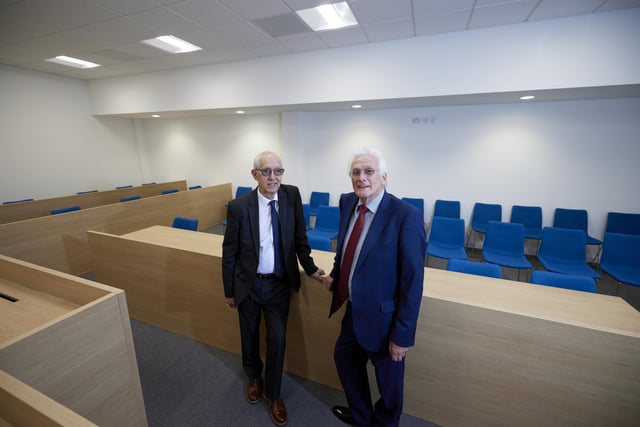
1. New coroner's court
Kevin McLoughlin, senior coroner for West Yorkshire eastern coroner’s service, left, and Les Shaw, Wakefield Council's cabinet member for resources and property, stand inside the main coroner's court at Mulberry House, Merchant Gate, Wakefield. Photo: National World
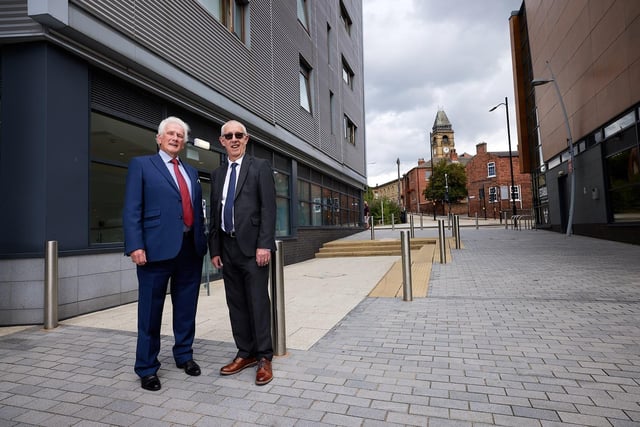
2. New coroner's court
The new building, at Mulberry House, on Merchant Gate, has been designed to have full disability access for all those involved in inquest hearings and members of the public. Photo: National World
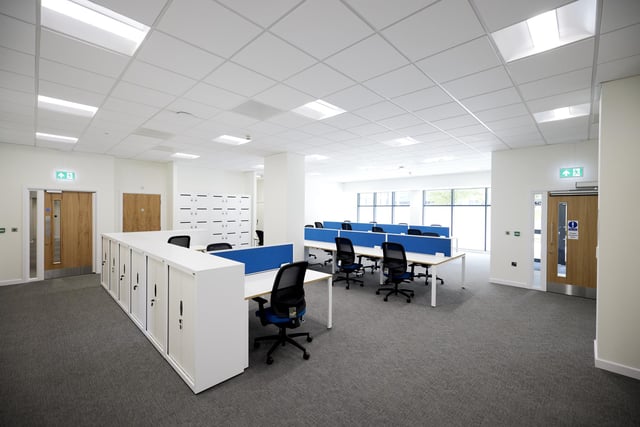
3. New coroner's court
Staff offices at the new coroner's court at Mulberry House, Merchant Gate, Wakefield. Photo: National World
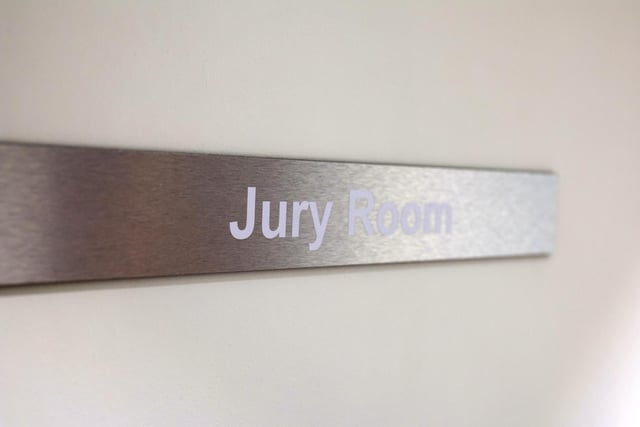
4. New coroner's court
The building features two courts fitted with systems to allow some witnesses to attend hearings remotely. Photo: National World
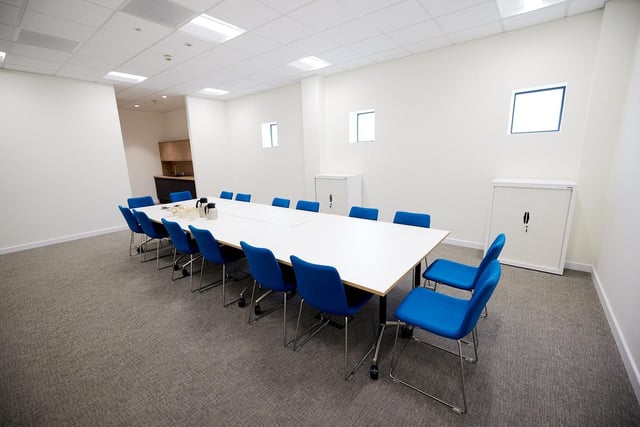
5. New coroner's court
The jury room at the new coroner's court at Mulberry House, Merchant Gate, Wakefield. Photo: National World
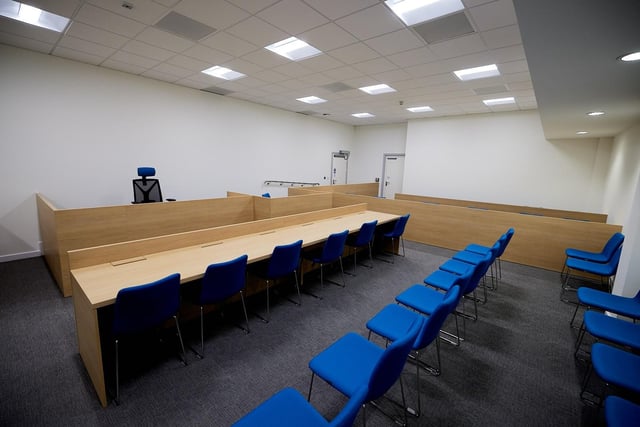
6. New coroner's court
Inside the main court room at at the new coroner's court at Mulberry House, Merchant Gate, Wakefield. It also includes a spacious, secure, jury room plus offices for coroners and service staff. Photo: National World